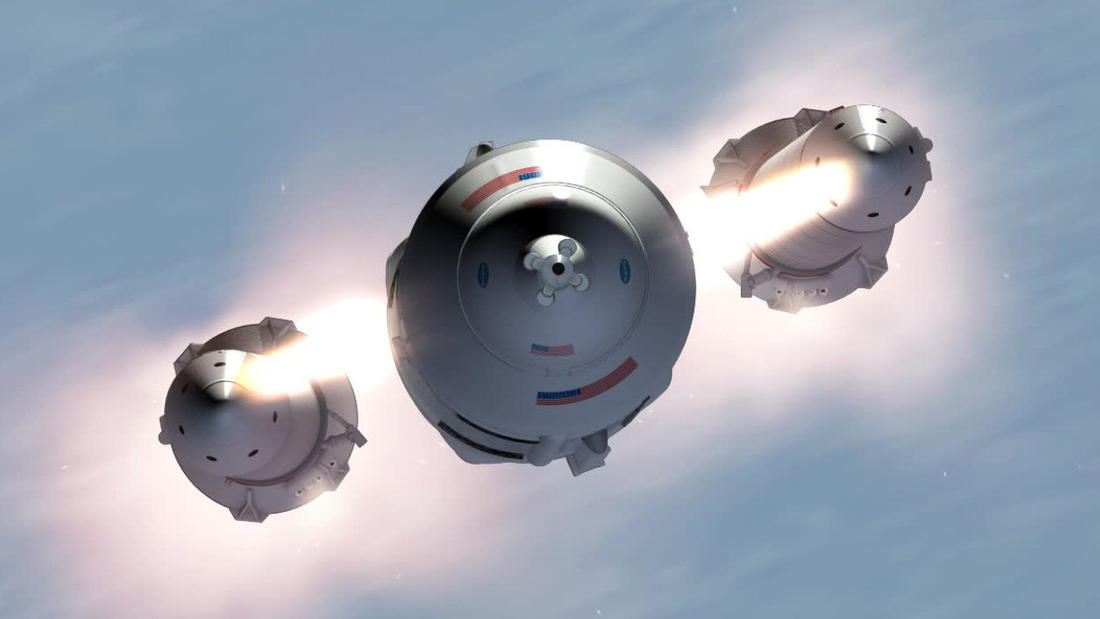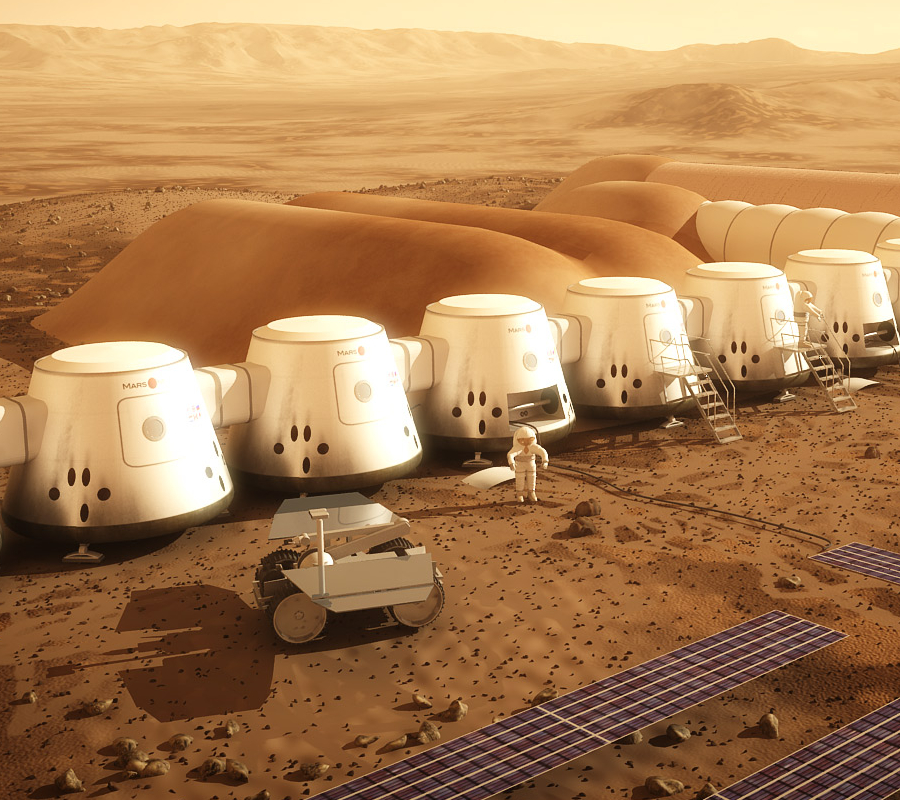Boeing CEO Dennis Muilenburg said he was convinced that the first person to set foot on Mars would arrive aboard a Boeing rocket.
Muilenburg gave his statement on the “What’s Next” conference held in Chicago, posing as a fierce competitor to Elon Musk and his private spaceflight company SpaceX. His confidence comes from the fact that Boeing is one of the historical leaders in spaceflight. It was one of the first companies that NASA reached out to since the agency was conceived amid the Cold War.

Currently, NASA is holding contracts with Boeing and SpaceX to develop sustainable space travel, while the state-owned cosmology agency focuses its efforts on scientific research.
Boeing and SpaceX’s race to Mars
Boeing is responsible for building the S-IC stage of the Saturn V rocket, used to support the Apollo program for the exploration of the moon. The Saturn V is still the largest and most powerful rocket ever to be put in operation, being able to carry over 300,000 pounds of cargo. But in fact, the rocket was built cooperatively by IBM, North American Aviation, and the Douglas Aircraft Company.
A journey to Mars takes approximately six months or 80 days, bearing in mind current theories and developments concerning refueling plans and advances. Astronauts will be subjected to intense physical strain and radiation exposure, something that has yet not been tackled by spaceflight entrepreneurs Muilenburg and Musk.

Musk has already promised that a ticket to Mars would cost around $200,000 per person, which is comparable to the cost of a small house in the United States, but a relatively affordable price for business magnates with hefty pockets. Musk plans to send at least 100 humans per journey to establish the first Martian colonies, planning to do so by 2024.
NASA, on the other hand, has plans of sending a manned mission to Mars by 2030. Because Muilenburg assures that Boeing will beat SpaceX on the way to Mars, it’s because either Musk’s estimates are off or Boeing will develop the rocket that will carry the first NASA astronauts to arrive on Mars.
Musk likes to create expectations about his plans, even if they are not feasible. He promised to put people in space as soon as 2014, but scheduling has been postponed, and he now plans to launch manned flights by 2018. The same occurs with SpaceX’s most advanced rocket, the Falcon Heavy, which has not yet been launched, perhaps due to the recent explosion that pushed Musk to resort to spaceflight agencies and Twitter for support.
The difference between Boeing and other SpaceX competitors is that Boeing is already enjoying contracts with NASA, which may be an indicator of where investors should place their chips if they intend on cashing in on the first company to put a human on another planet; something that would set a before and after in the history of aeronautics and science altogether.
Source: Bloomberg
